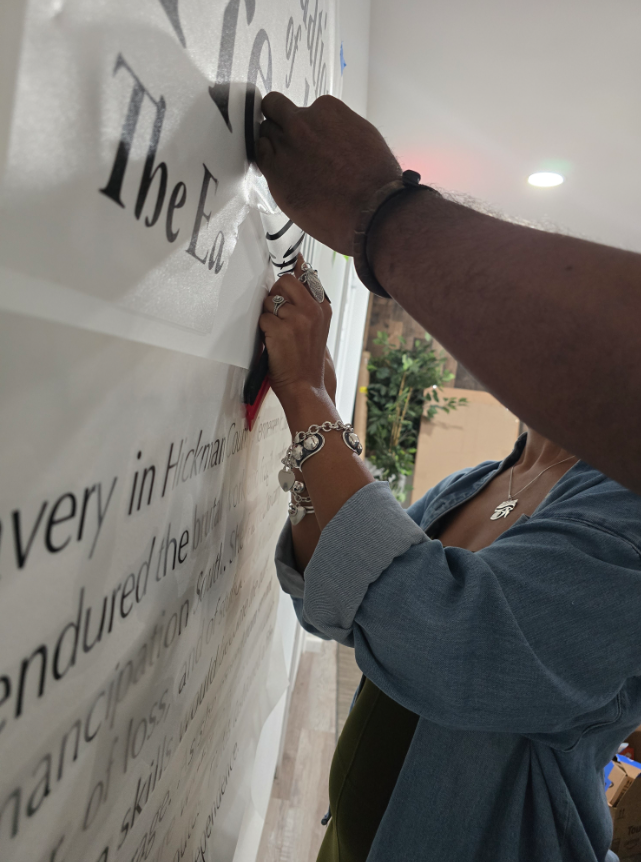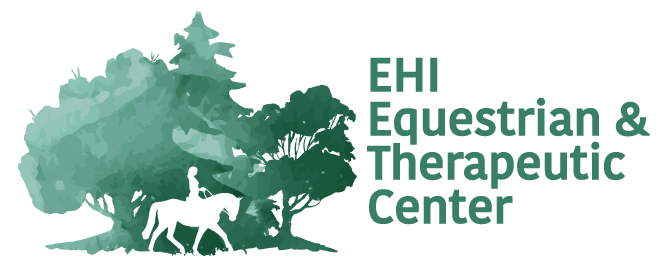Museum, Training Center, Events & Meeting Space
A grant from the State of Connecticut Department of Economic and Community Development (DECD), City of Hartford, Manafort Brothers Inc., and Tilcon Connecticut made the vision of the Mary Fields Horse & Heritage Museum a reality. Our beautiful new building is up, and we curated a space to house The Mary Fields Horse & Heritage Museum as well as a space for gathering, education, and entertainment.
Who was Mary Fields?
Born a slave, Mary Fields, (1832–1914) lived in Montana with the Ursuline Sisters who established an Indian boarding school and mission. Also known as "Stagecoach Mary" and Black Mary, she was the first African-American female Star Route U.S. Postal Service mail carrier in the United States.
Mary Fields was one of the toughest pioneer women to ever earn the respect and devotion of the settlers and Native Americans of the pioneer community of Cascade, Montana. She was widely beloved, admired, and respected throughout the region for holding her own and living her way in a world where the odds were against her.
In a time when African Americans and women of any race enjoyed little freedom anywhere in the world, Mary Fields enjoyed more respect and freedom than most white men because of her toughness and her constant contributions to her community.
The Mary Fields Horse & Heritage Museum exhibits tell the story of the African American experience, history, and impact during pioneer times. The displays highlight African American influence and contributions in history, economy, and society which shaped the United States after the Civil War.
Please join us in the growth of this new space and Donate Now!
Mary Fields Horse & Heritage Museum
Celebrating Black Cowboy History and Honoring Unsung Heroes
The Mary Fields Horse & Heritage Museum is a one-of-a-kind cultural and historical destination dedicated to the legacy of Black and Indigenous horsemen and women. Located at the Ebony Horsewomen Equestrian and Therapeutic Center in Hartford’s historic Keney Park, the museum preserves and shares the often-overlooked history of Black Cowboys and their role in shaping America.
Named in honor of Mary “Stagecoach Mary” Fields—the first African American woman to work for the U.S. Postal Service and a fearless legend of the American West—the museum shines a light on stories of resilience, courage, and contribution.
A Cultural Landmark for Hartford and Beyond
Our 1,400 sq. ft. gallery space hosts year-round exhibitions, educational programs, and cultural events designed to engage visitors of all ages. Through curated displays, community programming, and cultural partnerships, the museum serves as both a place of learning and a celebration of heritage.
“This museum is more than a tribute—it’s a reclamation of truth,” says Patricia E. Kelly, founder and CEO of Ebony Horsewomen, Inc. “We want young people, families, and visitors from all walks of life to see themselves in this legacy.”
The Mary Fields Horse & Heritage Museum Hours of Operation: The museum is open to the public Thursday - Sunday, from October 30 to November 20, 12 PM to 3:30 PM. Following a winter break, it will reopen on April 2, 2026, maintaining the same hours.
** School groups are encouraged to contact our office directly to arrange special visiting times.**
Explore More: Digital Resources
The Mary Fields Horse & Heritage Museum is proud to preserve the stories of African American equestrians, frontier pioneers, and the remarkable life of Mary “Stagecoach Mary” Fields.
This list of digital resources expands on our exhibits with free, credible materials for:
✔ Students & educators
✔ History researchers
✔ Families
✔ Museum visitors who want to dive deeper
Each section includes links to archives, suggested classroom tools, and ways to stay connected to history in action.
Take the Story Beyond the Museum
Book a field trip or group tour
Schedule a history workshop
Support the museum with a donation
Share Mary Fields’ story with students and community groups
Every visitor, student, and storyteller helps keep this history alive.
-
Born into slavery in Tennessee, Mary Fields forged a path that led from Ursuline convent work to becoming the first Black woman Star Route mail carrier in the United States. These resources deepen the story behind her early years and the changing world she traveled through.
Programs & OrganizationsNational Postal Museum– Stagecoach Mary exhibitions and postal history research
Montana Women’s History Project – detailed biography, community records, and local history
Primary Sources & Oral HistoriesLibrary of Congress – Born in Slavery Project
Federal Writers’ Project narratives and firsthand accountsNational Park Service & Postal Museum archives
Star Route documents, photographs, and collection records
K–12 Classroom Tools
DocsTeach – Westward Expansion activities
Ways to Get Involved
-
After emancipation, thousands of newly freed African Americans sought autonomy, land, and new opportunities in the West. These resources trace migration routes, settlement towns, homesteading laws, and the people who built new lives on the frontier.
Programs & Organizations
National Archives – Homestead Act documents and migration records
National Park Service – preserved frontier sites and historical units
Primary Sources & Oral Histories
Library of Congress Civil Rights Manuscripts & Oral Histories
Regional voices, diaries, and community collections
K–12 Classroom Tools
DocsTeach – Westward Expansion lessons (7th–12th grade)
Ways to Get Involved
-
Mary Fields’ Star Route mail contract turned routine deliveries into a courageous act of public service. These resources document her routes, the mail system, and the realities of frontier travel.
Programs & Organizations
National Postal Museum– Star Route and postal history collections
Montana Women’s History Project– Stagecoach Mary research and local archives
Primary Sources & Oral Histories
National Park Service & Postal Museum photo archives
Stagecoaches, mission sites, and regional imagesLibrary of Congress manuscripts and searchable oral histories
K–12 Classroom Tools
DocsTeach & National Archives – Primary-source sets on transportation and frontier life
Ways to Get Involved
-
Black equestrians shaped American horsemanship—jockeys, cavalry troops, ranch hands, and horsemen whose contributions were once celebrated, then erased from mainstream history. These resources help reclaim that legacy.
Programs & Organizations
National Museum of Racing & Hall of Fame
Biographies, digital exhibits, and racing archivesKentucky Horse Park
Interpretive materials and youth-friendly content
Primary Sources & Oral Histories
Library of Congress & National Archives collections
Racing records, photographs, newspapers, and oral accounts
K–12 Classroom Tools
Racing Museum biographies + National Archives primary sources
Suggested classroom topics: sports history, labor, race, and resilience
Ways to Get Involved
-
Mary Fields’ courage continues to inspire. These resources share interpretive essays, mission archives, and contemporary reflections that move beyond the legend to honor the woman—tough, generous, and unshakeable in her sense of duty.
Programs & Organizations
National Postal Museum – Mary Fields exhibits & research
Montana Women’s History Project – essays, digital collections, and site info
Primary Sources & Oral Histories
National Park Service & Postal Museum records
Star Route documents and photographsMontana archival materials – mission records, community reflections
K–12 Classroom Tools
DocsTeach & National Archives – postal history, Westward Expansion, and women’s history lessons
State education curriculum materials for integrating Fields into social studies
Ways to Get Involved
Donate, volunteer, or visit museums preserving Mary Fields’ memory
Bring her story into classrooms or community history projects
Have Resources to Share?
If you have oral histories, photographs, or research related to African American equestrian heritage or frontier history, please reach out.
Together, we preserve stories that were never meant to be forgotten.
📩 Email: info@ebonyhorsewomen.us
📍 Mary Fields Horse & Heritage Museum — 337 Vine Street, Hartford, CT
Mary Fields Horse & Heritage Museum, opening day.
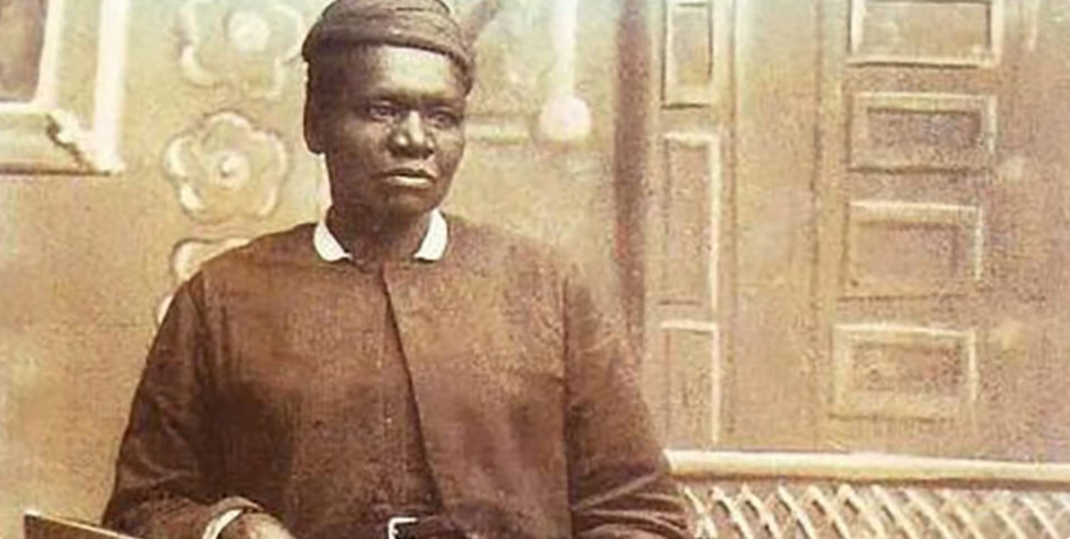
Mary “Stagecoach Mary” Fields
Mary “Stagecoach Mary” Fields was a fearless trailblazer of the American West. Standing over six feet tall and often seen with a cigar in hand, she defied stereotypes and danger alike—delivering mail, protecting her route, and living life on her own terms. Her legacy of strength and resilience continues to inspire generations.
Curating history.
-
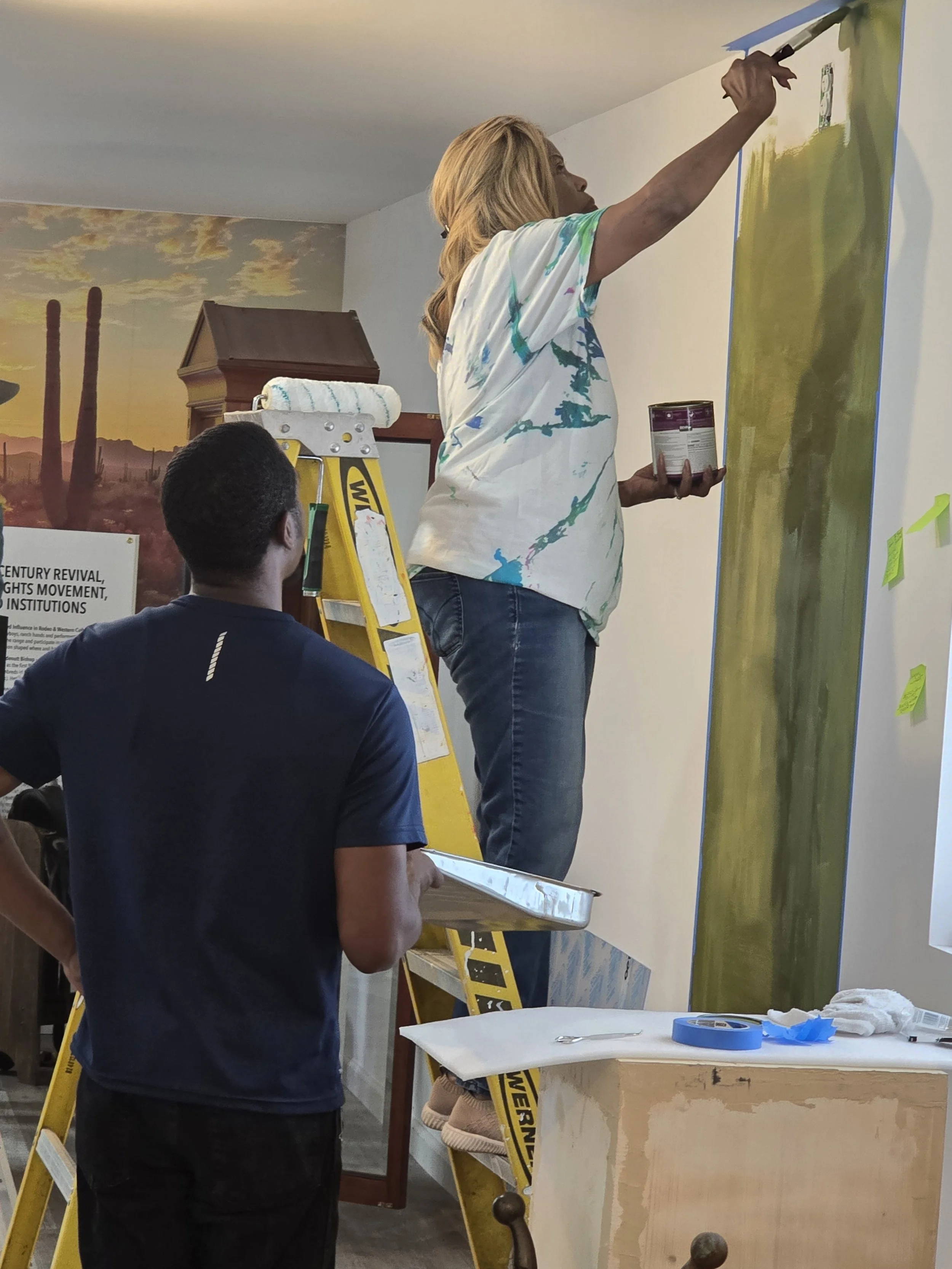
Dream it.
It all began with an idea.
What started as a vision to honor untold stories is now becoming reality. The Mary Fields Horse & Heritage Museum is more than a building, it’s a space we’ve curated with care, history, and heart.
From the paint on the walls to the exhibits being assembled, every detail is part of bringing to life the legacy of Black Cowboys and Indigenous horsemen and women and celebrating the fearless story of Mary “Stagecoach Mary” Fields.
-
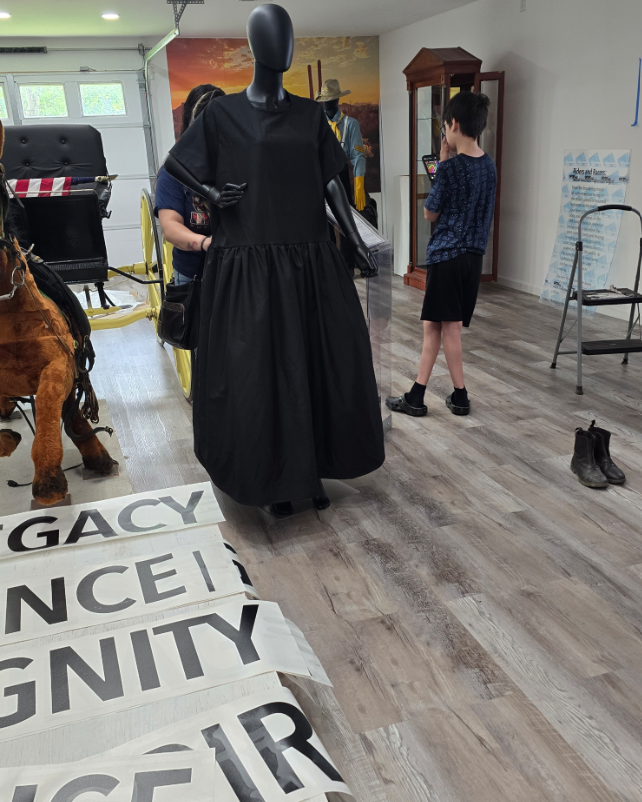
Build it.
What starts as sketches, research, and pieces of history gradually comes together to tell a much bigger story. Every exhibit we’ve prepared for the Mary Fields Horse & Heritage Museum is part of reclaiming a legacy.
